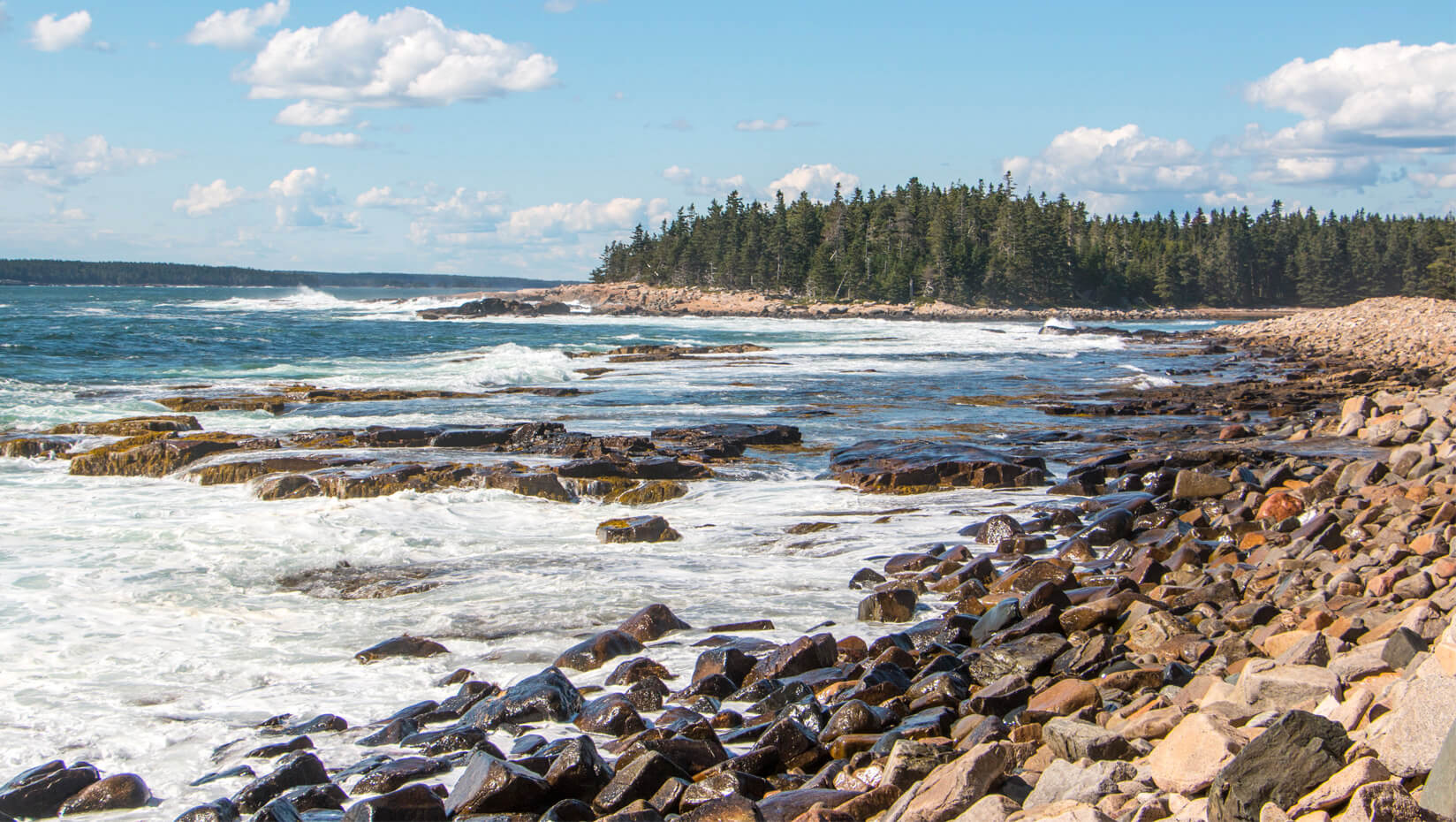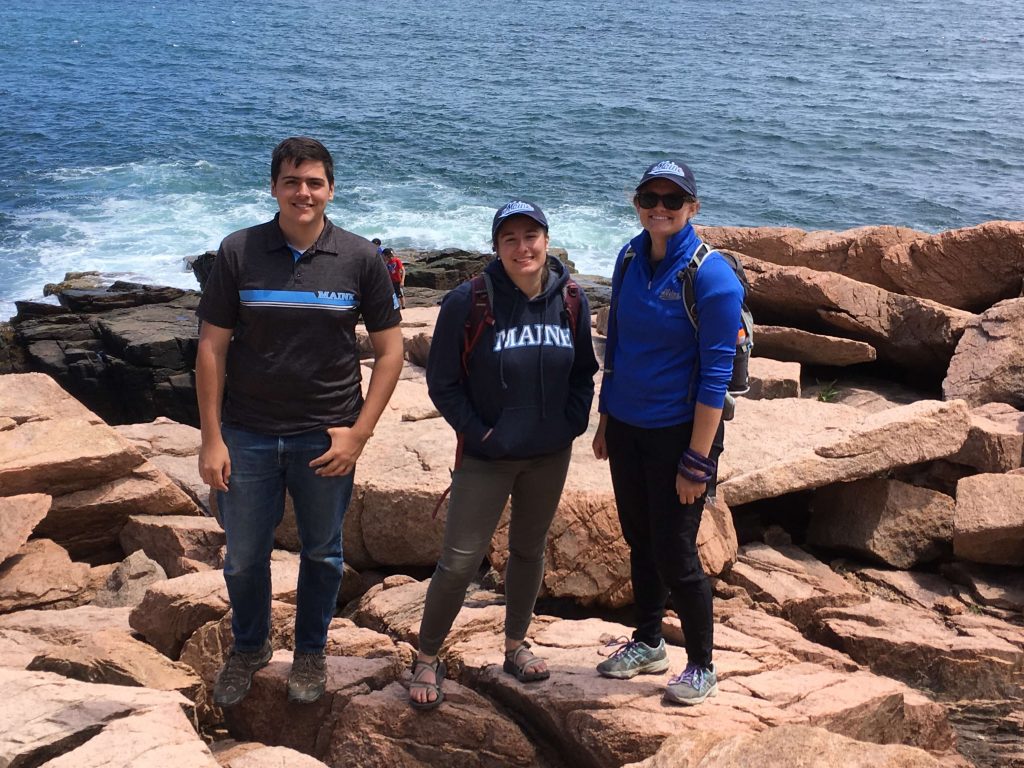
UMaine researchers awarded $152K NOAA grant to study impacts of climate change on coastal tourism
Climate change in coastal tourism destinations in Maine is the focus of a University of Maine study funded by a $152,562 grant from NOAA.
The study is led by Sandra De Urioste-Stone, an assistant professor of nature-based tourism in UMaine’s School of Forest Resources and Center for Research on Sustainable Forests, in collaboration with UMaine colleagues Lydia Horne, a Ph.D. student in ecology and environmental sciences, and Parinaz Rahimzadeh-Bajgiran, an assistant professor of remote sensing of natural resources in the School of Forest Resources.
The research team is conducting a study on the adaptive capacity of coastal tourism destinations to respond to climate change through an improved understanding of climate change risk, and increased collaborative action to respond to change.

A large part of Maine’s economy depends on tourism, so understanding the impacts of climate change on nature-based tourism is crucial, says De Urioste-Stone.
“Fostering Coastal Community Resilience in Maine: Understanding Climate Change Risks and Behavior” is a three-phase comparative case study involving three important coastal tourism destinations in Maine: Camden, Mount Desert Island and Machias.
“Our research aims to enhance the ability of coastal tourism destination communities to cope with the negative effects of and capitalize on emerging opportunities that ecological and travel modifications resulting from climate change might bring using effective collaboration models,” according to the researchers.
Destination resilience, or the ability of a location to anticipate, respond and adapt to climate change, can be supported through building capacity to absorb the unpredictable impacts of climate change. “Misconceptions of risk can inhibit a community’s capacity to adapt and its overall resilience,” says De Urioste-Stone.
Coastal, mountain and winter tourism destinations are especially vulnerable to climate change, which will impact tourism demand and seasonality, according to recent studies. One study found a strong association between climate change risk perceptions and changes in travel behavior, like destination selection, activities pursued and spending.
Climate change risk perceptions can be an important predictor of shifts in visitation to tourism destinations, according to the researchers. Understanding these shifts is a way for planners and managers in tourism to adapt to the negative impacts of climate change on visitation, and help stakeholders adapt and take advantage of resulting opportunities. So far, researchers have interviewed 19 stakeholders and surveyed more than 300 visitors.
“An improved understanding of how climate change will impact the coastal/marine tourism assets in the region, how these changes will impact the consumer base, and how to effectively develop adaptation strategies, becomes crucial to the resilience of these natural-resource dependent coastal communities,” say the researchers.
The research team plans to continue with the next phases of the study, and looks forward to facilitating participatory meetings with tourism stakeholders in the three study regions during the second year of the grant.
Contact: Cleo Barker, 207.581.3729
